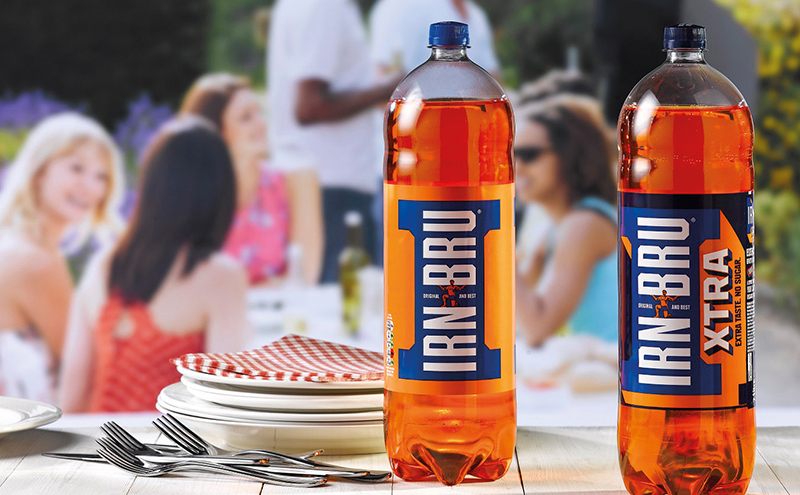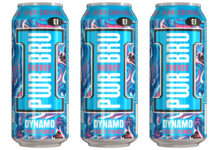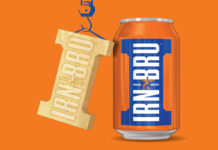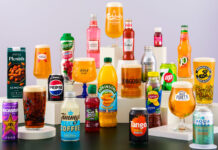
DEMAND for mid, low and no-sugar drinks is growing according to Barr but, it stresses, the main reasons consumers choose a soft drink have remained the same – taste, flavour choice and the right pack formats.
This consumer demand, allied to the new tax, has seen many manufacturers reduce the sugar content of their drinks.
Adrian Troy, marketing director at Barr Soft Drinks, said “There is still strong demand for regular soft drinks and AG Barr has a responsibility towards these consumers to help them reduce their sugar intake.
“We are introducing new and innovative mid-sugar regular products as well as low and zero sugar options across our key brands.”
He explained that Irn-Bru regular is now a mid-sugar product with 50% less sugar, that Irn-Bru Sugar Free is Scotland’s number one low-calorie flavoured carbonate and that Irn-Bru Xtra has generated nearly £11m worth of additional sales for Scottish retailers since its launch.
He added that Rubicon sparkling drinks have been reformulated as mid-sugar.
Britvic reported that in 2017 the cola segment of the soft drinks market grew by £21m, equating to 4.2% value growth in c-stores, and that 76% of this growth came from sales of diet drinks.
Commercial director Trystan Farnworth said: “Leading no sugar cola brands such as Pepsi Max and Coke Zero reaped the rewards of the continued demand for healthier soft drinks, with sales up by £11m and £8m respectively, year on year.”
Amy Burgess, trade communications manager at Coca-Cola European Partners, was also able to report improving fortunes for the firm’s zero sugar offer.
“Coca-Cola Zero Sugar is in rapid growth as more people choose the zero sugar variant of their favourite drinks.
“As a result, Coca-Cola Zero Sugar has become the fastest growing cola brand in Great Britain
Burgess added that CCEP’s position on the sugar tax remains consistent, and she noted how the soft drinks industry has taken steps to address unhealthy consumption.
“Our position on the soft drinks tax is clear. We agree that there is a major societal challenge around obesity but we do not believe that a tax on one product category is the best way of tackling such a complex issue – particularly when that category has been leading the way in sugar reduction.
“In fact, since 2014 sugar from the soft drinks category has declined by over 20%,” she said.












